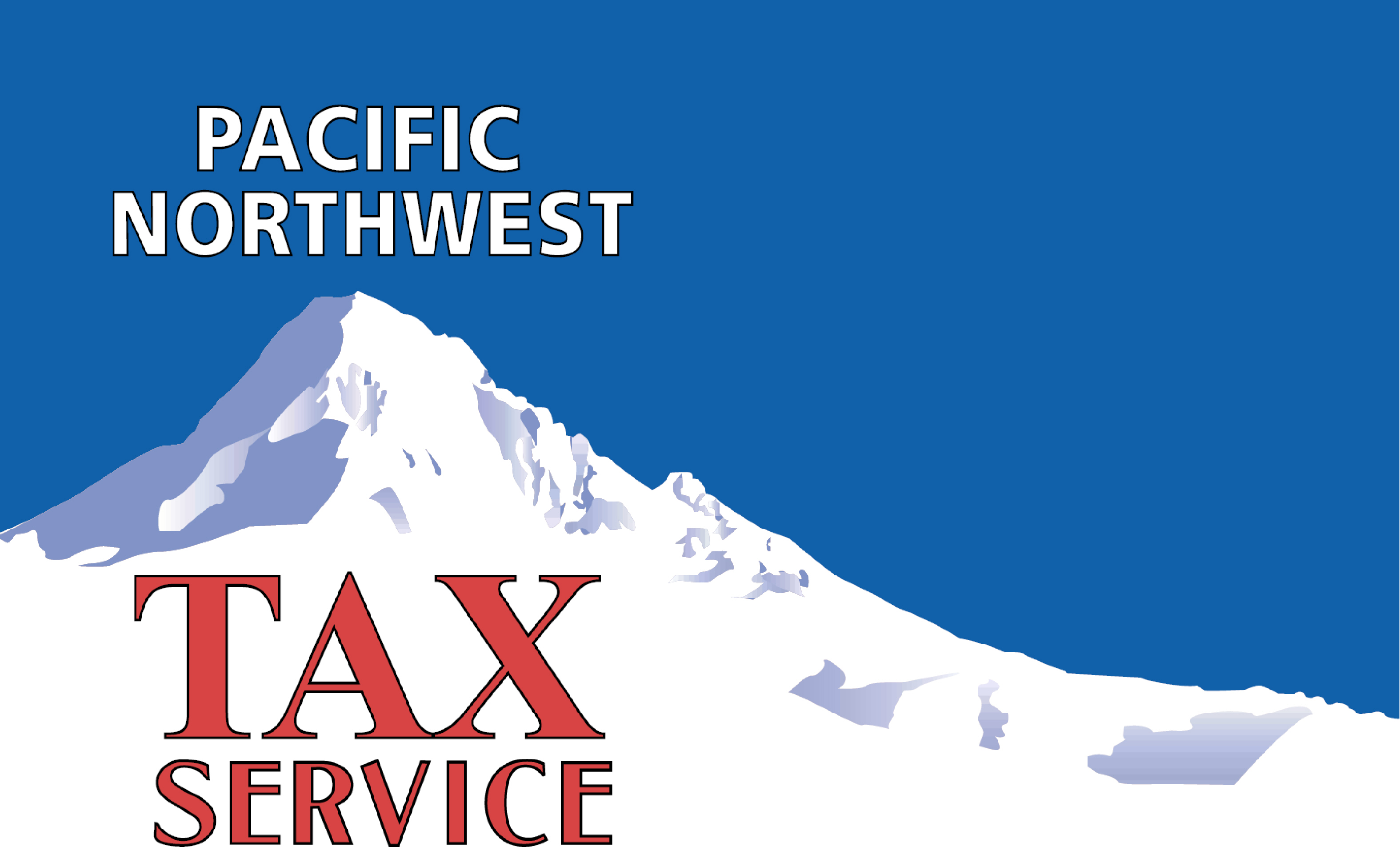April 15 Filing Deadline
Your sole proprietor or single-member LLC income is reported on Schedule C which is filed with your personal 1040 income tax return. The filing deadline for most 1040 filers is April 15.
The penalty for late-filing of a 1040 return is generally 5% of the tax owed for each month the return is filed late. The maximum IRS penalty is generally 25%, however failure to file your Oregon return for three or more years can result in a 100% penalty. In addition to the failure-to-file penalty, interest is charged until all tax owed with the return is paid.
You can request a 6-month extension of time to file your return by filing IRS Form 4868 on or before the original due date of your return. NOTE: an extension of time to file is not an extension of time to pay tax owed. You should estimate the amount of tax owed and make payment to the IRS and your state by the original due date to avoid late-payment of tax penalties and interest.
Estimated Taxes
The IRS requires taxpayers to make estimated tax payments when you owe tax and do not have adequate withholdings on Forms W-2 or 1099. If you owe more than $1,000 when you file your return, IRS may impose a penalty of underpayment of estimated tax. Even if you don't owe the IRS with your return, you may still owe a penalty if your estimated tax payments were not paid timely throughout the year.
The due dates for payment of IRS, Oregon and California estimated taxes are as follows:
| Due Date | IRS | Oregon | California |
| April 15 | 25% | 25% | 30% |
| June 15 | 25% | 25% | 40% |
| September 15 | 25% | 25% | 0% |
| January 15 | 25% | 25% | 30% |
Record-Keeping Requirements
All businesses are required by law to maintain income and expense records. Record-keeping requirements are described in IRS Pub 583 Starting a Business and Keeping Records. Generally IRS requires you keep two kinds of records for all business expenses you incur or pay:
- Proof of the expense - such as a receipt or log, and
- Proof you paid the expense - such as a cancelled check, bank statement, or credit card statement.
If you have questions about recordkeeping requirements for your business, please ask our staff.
Self Employment Tax Organizer
You should use the self-employment organizer to gather and organize information for your tax preparer. The organizer is intended for use by sole-proprietors and single-member LLCs, however, if your single-member LLC has made a corporate election by filing form 8832 or a S corporation election by filing Form 2553, then you should refer to our other tax organizer pages for these types of returns.
Reporting self-employment income and expenses is one of the most complex areas of individual income tax law. We want to provide you with a complete and accurate tax return that reports income and expenses of your business accurately, while maximizing your tax savings.
We have designed this self-employment organizer to assist you with organizing your information and preparing for your tax interview. As a small business owner, you might be eligible for various deductions and tax credits. Be sure to notify your tax preparer if any of the following applied to your business during the year:
- You started or purchased a business
- You purchased real estate for use in your business or made improvements to buildings or other property used in your business
- Purchased a hybrid vehicle or other energy-efficiency device
- Made disabled access improvements to your property
- You purchased or sold assets such as computers, photocopiers, production equipment, automobiles
Print a PDF version of this organizer to fill-out by hand, or Open online Self-Employment Organizer in a tab (preferred)
Adobe Acrobat Reader is required to view this file
Download Free Adobe Reader
